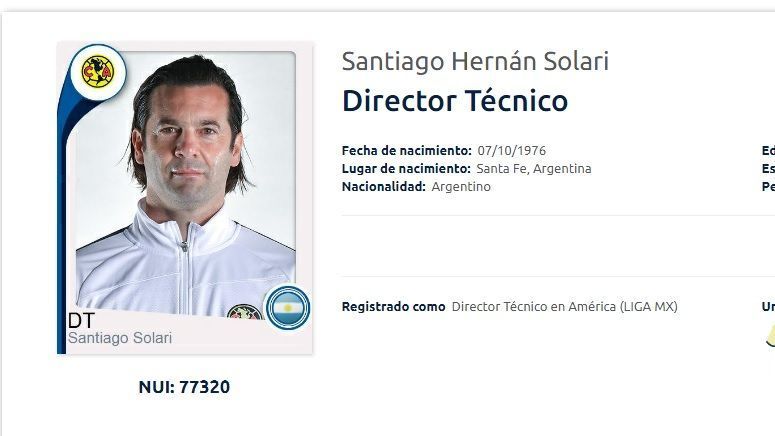Nicolas Brien, CEO of France Digitale looks back on the news of the week.
The CES in Las Vegas, which is being held virtually from January 11 to 14.
First of all, this is great news for the environment. It would be interesting to know the number of tonnes of CO2 saved. Anyway, this type of format has lived. In recent years, there has been a drift, an arms race between major international tech events. They wanted to grow, so much so that today we find ourselves with “Tech agriculture shows”, with more and more people and fewer and fewer interesting connections. The coronavirus is taking the breath away from these mega-events, and making two things happen: the fact that we travel too much and the need to refocus on the really important connections with investors, customers, suppliers. Networking is dead, long live matchmaking! Events will have to reinvent themselves to be smaller, with more precise audiences and a very high quality of connection.
Facebook and Twitter blocking Donald Trump following the violence on Capitol Hill.
With the digital revolution, debates are no longer carried out through books and newspapers but via social networks. We have to wonder about the role of platforms. We can consider that they have acquired a role as important as the press. In this case, they should be regulated in the same way. And if these networks consider Trump to have slipped and ban him, why haven’t they done so sooner? The question is why they intervene without a court ruling. If it is necessary, then the same rules should be applied for everyone; if it is not, then it will be necessary to regulate. The problem is not the platforms – they also enabled the Arab Spring – but the use that is made of them.
Whatsapp which will share certain user data with Facebook.
This begs a larger question: what do you do with the data when a giant grows bigger by buying another? In competition law, in the event of a takeover, the regulator can act that this will hamper competition and decide that part of the company cannot be acquired and must be dismantled. The question that arises for Veolia and Suez also exists in the digital sector. Can the redemption of too large amounts of data not ultimately undermine competition? It would be necessary that certain datasets cannot be bought back, that these data be freely accessible to all competitors or even sold to another economic actor.
Doctors and journalists including Michel Cymes who are vaccinated in front of the cameras.
We have the wrong strategy. France is experiencing a crisis of elites, politicians, media, scientists, etc. The muddles on masks, tests, vaccines have fueled this mistrust. It is not certain that it is by staging elites who are vaccinated that we will be convinced about the vaccine. It would have been better to drastically accelerate the strategy.
Wikipedia’s 20th anniversary, launched January 15, 2001.
There aren’t many free sites or services like Wikipedia anymore. Twenty years later, we see a commodification of the internet, which was originally a space invented by researchers and alternative thinkers. Today, we are far from the ideals of a Tim Berners-Lee [inventeur du web] or the founders of Wikipedia, one of the last vestiges of the non-profit internet, which has never been listed on the stock exchange, has not sold advertising either, and allows a debate with a sharp self-moderation.
– .


